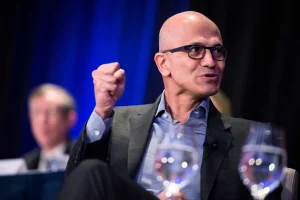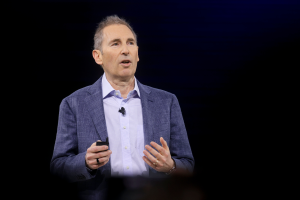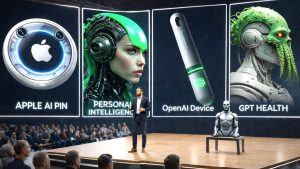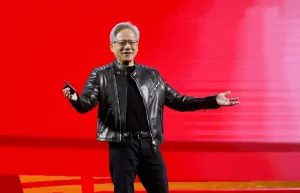OpenAI Co-Founder Ilya Sutskever Resigns After New AI Model Launch
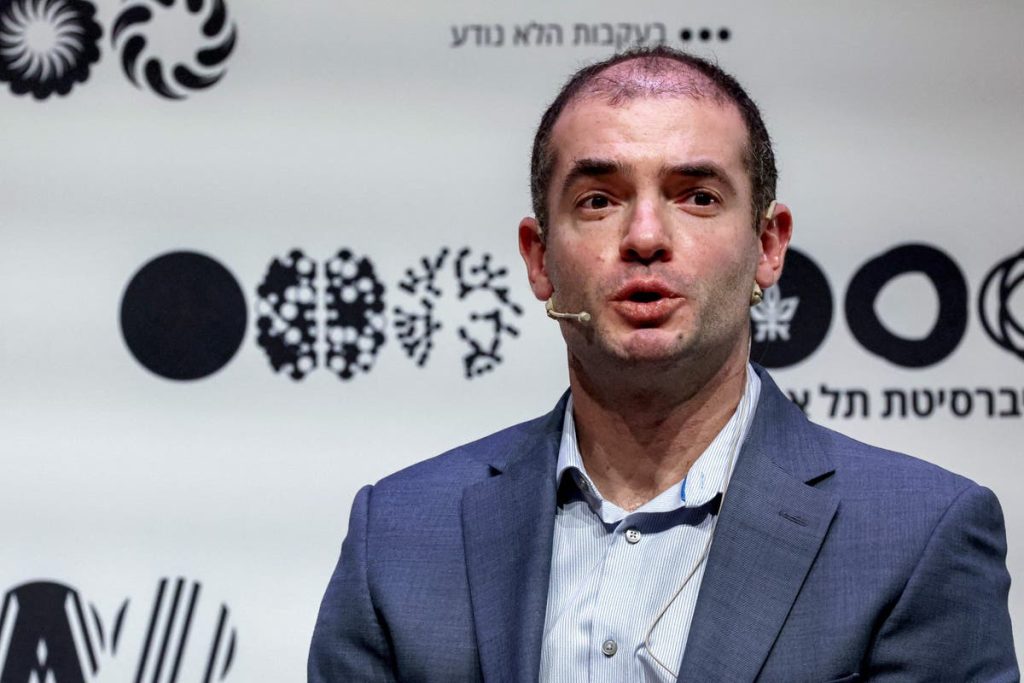
Ilya Sutskever, a key figure behind the creation of OpenAI, has resigned. His exit follows the recent launch of the company’s groundbreaking AI model, GPT-4o. Sutskever, who was the Chief Scientist, revealed he is moving on to something he describes as “very personally meaningful”.
The news is significant as it comes right after introducing a cutting-edge AI that can see, hear, speak, and reason. Sutskever’s departure has sparked curiosity and speculation within the tech community. The project he’s moving to remains a mystery, adding to the intrigue.
Ilya Sutskever’s Departure
Ilya Sutskever, co-founder and former Chief Scientist of OpenAI, has resigned just days after the release of the company’s latest AI model. After nearly ten years at OpenAI, Sutskever announced his departure to pursue a project he found “very personally meaningful.”
OpenAI, which has been at the forefront of AI development, recently introduced the GPT-4o model. This advanced AI can see, hear, speak, and reason, making it a significant milestone for the company. Sutskever’s exit has raised eyebrows, especially since it comes on the heels of such a major release. His new venture remains shrouded in mystery, adding an air of intrigue to his departure.
The Role of Jakub Pachocki
Jakub Pachocki is set to step into Sutskever’s shoes as the new Chief Scientist at OpenAI. Previously serving as the director of research, Pachocki has played a critical role in developing the GPT-4 model and OpenAI Five. His promotion was announced in a company blog post, signaling a smooth transition of leadership.
Pachocki’s experience and contributions position him well for his new role. He brings a wealth of knowledge and expertise, ensuring that OpenAI remains at the cutting edge of AI technology. The company will likely benefit from his deep understanding of its projects and goals.
A Brief Look Back at OpenAI’s Journey
OpenAI has made significant strides since its inception. The release of ChatGPT in 2022 marked a significant milestone, transforming how we interact with AI. Shortly after its launch, ChatGPT became the fastest application to reach 100 million monthly active users. This achievement underscored the public’s immense interest in generative AI.
Despite initial success, ChatGPT’s traffic saw fluctuations over the past year. However, recent data suggests a resurgence in user engagement, nearing its peak levels from May 2023. This ebb and flow highlight the competitive and rapidly evolving nature of the AI sector.
The Impact of GPT-4o
OpenAI’s new GPT-4o model represents a leap forward in AI capabilities. Unlike its predecessors, GPT-4o can engage in realistic voice conversations and interact seamlessly with both text and images. This multifaceted approach offers users a more integrated and intuitive experience.
The introduction of GPT-4o has the potential to redefine user expectations for AI interactions. Its ability to understand and respond in a human-like manner is a testament to OpenAI’s commitment to pushing the boundaries of what’s possible in the realm of Artificial intelligence.
Controversies and Challenges
Sutskever’s departure is not without its controversies. He played a pivotal role in the dramatic firing and rehiring of OpenAI’s CEO, Sam Altman, in November of last year. Initially a part of the board that decided to fire Altman, Sutskever later signed a letter demanding his return, expressing regret for his initial actions. This episode led to his removal from the board, leaving his position in the company uncertain.
Despite these challenges, Sutskever’s contributions to the field of AI are undeniable. His departure marks the end of an era for OpenAI, but it also signals new beginnings for him and the company. Both parties will now navigate their respective futures, aiming to continue their innovative work in artificial intelligence.
Sutskever’s Legacy in AI
Sutskever has been a prominent figure in the AI community for years. Before co-founding OpenAI, he worked as a researcher at Google Brain and was a postdoctoral researcher at Stanford. His early career included significant work with Geoffrey Hinton, a pioneer in the field of AI.
Sam Altman, OpenAI’s CEO, expressed his sentiments on Sutskever’s departure via a social media post. “This is very sad to me; Ilya is easily one of the greatest minds of our generation, a guiding light of our field, and a dear friend. His brilliance and vision are well known; his warmth and compassion are less well known but no less important,” Altman wrote.
Looking Ahead
As Sutskever embarks on his new venture, the AI community is left to speculate on what this “very personally meaningful” project might be. Given his track record, it is likely to be groundbreaking and impactful.
Meanwhile, OpenAI will continue to innovate under its new leadership. With Pachocki at the helm of its scientific endeavors, the company is poised to build on its recent successes and explore new frontiers in AI. The future looks promising for both Sutskever and OpenAI as they chart their separate paths.
In conclusion, Ilya Sutskever’s departure from OpenAI marks a pivotal moment for the company and the AI industry at large. His contributions have been significant, and his next steps are highly anticipated. OpenAI, under new leadership, is set to continue its trailblazing path in the AI field, ensuring the technology’s ongoing evolution.


